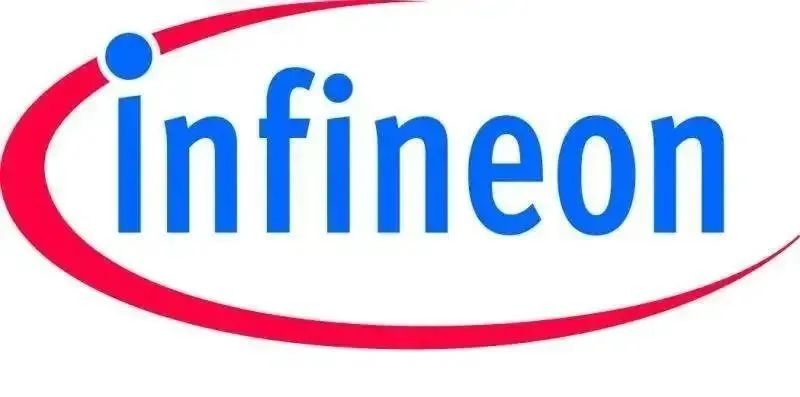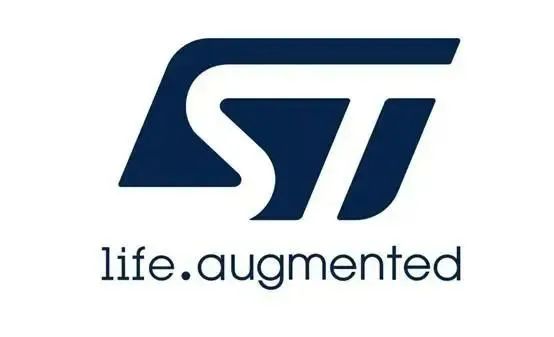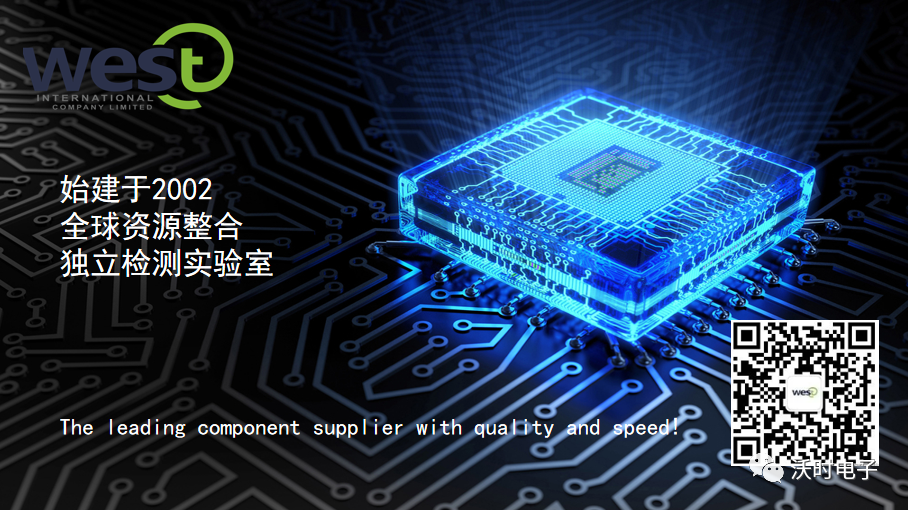
On February 16, Infineon announced an investment of 5 billion euros to build a 12-inch wafer fab in Dresden, Germany. This is Infineon’s largest single investment in history, which will create approximately 1,000 high-skilled jobs. The new factory for analog/mixed-signal technology and power semiconductors is planned to start production in 2026, with the produced analog/mixed-signal components and power semiconductors primarily used in automotive and industrial applications, such as automotive motor control units and energy-efficient charging systems.
In 2023, Infineon will focus on expanding the market for SiC, BMS, and MCU. SiC power devices will be developed around the automotive industry’s 800V systems, and they are also being increasingly used in chargers and power supplies. The BOM cost of the BMS for each electric vehicle is approximately $100, indicating a vast market potential.
In the MCU market, with the upgrade of automotive E/E architecture, Infineon expects significant growth in its MCU revenue. Infineon’s MCUs emphasize safety and are mainly used in safety, ADAS, chassis, and powertrain fields, including gateways, airbags, EPS, EPB, ESP, active suspension, and millimeter-wave radar. Currently, the TC3X/TC4X series is the main focus.
Additionally, in 2023, Infineon’s MEMS mirror AR HUD is also a key product, along with MEMS microphones, LED headlight driver ICs, and various high-power motor driver ICs.This month’s market dynamics: Infineon’s automotive MCUs remain quite popular, with some models from the SAK-TC2 and TC3 series trending. The SAK-TC2 series, such as SAK-TC222S-16F133N AC, dropped from a high of 2500 yuan to 1800 yuan, but recently the price has returned to 2500 yuan. Even though the spot market prices fluctuate, the price of Infineon’s automotive MCUs is still significantly above normal levels, and their popularity has persisted from 2022 to now, primarily due to their irreplaceability, as they are present in most automotive controllers.

Texas Instruments announced on February 16 that it will invest $11 billion to build a second 300mm wafer manufacturing facility in Lehi, Utah, primarily for the production of analog and embedded processing chips. Construction is expected to begin in the second half of 2023, with production starting as early as 2026. This facility will be adjacent to TI’s existing 12-inch wafer fab LFAB in the area, and once completed, the two fabs will operate as a single wafer manufacturing facility.
In December 2022, TI’s LFAB began producing analog and embedded products. The Lehi wafer fab originated from TI’s $900 million acquisition of Micron’s 12-inch wafer fab in July 2021. This fab features over 25,548 square meters of cleanroom space and advanced facilities, including approximately 11,265 meters of automated overhead transport systems for rapid wafer transport throughout the fab. The total investment in the Lehi wafer fab will reach approximately $3-4 billion. LFAB is capable of supporting 65nm and 45nm technologies.
In fact, as early as May 2022, TI’s new 12-inch semiconductor wafer manufacturing facility in Sherman, Texas, officially broke ground. The Sherman wafer fab has a total investment of $30 billion, with the first factory expected to start production in 2025.
In September 2022, TI’s latest 12-inch wafer fab in Richardson, Texas, began initial production, expanding its scale over several months to meet the growing semiconductor demand for electronic products. RFAB2 is connected to RFAB1 and is one of six new 12-inch wafer fabs added by TI. RFAB1 began production in 2009 and was the world’s first 12-inch analog wafer fab.
Overall, TI has begun to strengthen its own production scale, contrasting sharply with many other IDM companies that increasingly rely on outsourcing.
This month’s market dynamics: TI’s brand remains highly sought after in the automotive chip sector; the prices of conventional materials in the spot market are gradually returning to levels seen in the second half of 2021.

Renesas Electronics is also considering expanding production. CEO Hidetoshi Shibata stated in an interview that building and operating new factories in Japan faces challenges such as high water and electricity costs, frequent earthquakes, and limited talent. However, Renesas will still expand production and consider increasing chip capacity outside Japan to reduce future supply chain disruption risks for automotive manufacturers and other key customers.
Renesas currently has six wafer fabs and seven packaging and testing facilities, with two packaging and testing facilities located in Beijing and Suzhou. Currently, most of Renesas’s wafer fabs are in Japan, and traditionally, most of Renesas’s products are produced in-house, but advanced process products at 40nm and below are outsourced to TSMC and UMC.
Among them, Renesas’s automotive MCU products rank first globally, actively expanding production to meet strong downstream demand.
In recent years, automotive-grade MCUs have been one of the main shortage items. In early operational briefings, Renesas clearly stated its plans to increase capacity, aiming to boost automotive MCU production by 50% starting in 2021. If calculated based on 8-inch wafers, the high-end MCU production capacity will expand by 1.5 times to about 40,000 pieces per month, primarily relying on wafer foundry production lines; for low-end MCUs, the plan is to increase to 30,000 pieces per month, a 70% increase over current levels, mainly through increasing in-house production capacity.
In terms of power semiconductors, Renesas has the technology and production capabilities for MOSFETs and IGBTs.
In May 2022, Renesas announced an investment of 90 billion yen to restore its 300mm power semiconductor production line at the Kofu factory, which was closed in October 2014, to meet the growing market demand for power semiconductor products such as MOSFETs and IGBTs. It has been disclosed that once the Kofu factory resumes full production, Renesas’s power semiconductor capacity will double.
In August 2022, Renesas announced that its AE5 generation IGBT products for next-generation electric vehicle inverter applications will begin mass production in the first half of 2023 on 200mm and 300mm wafer lines at its Naka factory in Japan. Additionally, Renesas will increase production at its new 300mm power semiconductor device wafer fab in Kofu starting in the first half of 2024 to meet the growing market demand for power semiconductor products.
On March 22, 2023, Renesas announced the acquisition of the Austrian semiconductor design company Panthronics. The purpose is to enhance competitiveness in the NFC-related market, and this acquisition will enrich Renesas’s connectivity technology product lineup, expanding its business scope into high-demand NFC applications in fintech, IoT, asset tracking, wireless charging, and automotive applications.
This month’s market dynamics: Renesas’s demand for materials remains concentrated in the automotive and industrial sectors, showing two extremes: severe shortages for some products with high prices, while products that are not in short supply have increasing bargaining power.

ST is the world’s largest SiC manufacturer and an exclusive supplier to Tesla. In 2022, ST’s SiC business revenue was approximately $700 million, expected to reach $1 billion in 2023, with 75% coming from the automotive sector and 25% from the industrial sector.
As a leading company in the automotive chip sector, ST has been actively pursuing expansion plans in recent years. It is reported that in 2023, ST plans capital expenditures of approximately $4 billion, primarily for expanding 12-inch wafer fabs and SiC manufacturing capabilities.
SiC capacity expansion is mainly in Catania, Italy, and Singapore, with an 8-inch wafer fab set to be operational in 2023. The Italian fab will become the first factory in Europe to mass-produce 8-inch SiC epitaxial substrates. The Italian government will invest 730 million euros in this factory as part of its national recovery and resilience plan over five years.
On August 4, 2022, ST also announced a collaboration with GlobalFoundries to establish a new jointly operated 12-inch semiconductor manufacturing facility near ST’s existing 12-inch fab in Crolles, France, primarily for producing FD-SOI or fully depleted silicon-on-insulator semiconductor manufacturing technology products, expected to start production by the end of 2023.
This month’s market dynamics: Some automotive electronic materials remain popular due to their core technologies that cannot be replaced in the short term, with lead times starting at 52 weeks and prices remaining high. Examples include L9369 for body stability systems, L9680 for airbags, VNHx, and the 32-bit MCU STM32H7X, among others..

Benefiting from the strong and sustained demand in the automotive sector, NXP’s automotive business revenue grew by 17% year-on-year in Q4 last year, accounting for as much as 55% of total revenue, which also saw a 9% year-on-year growth. It is expected to grow by about 15% in the first quarter of this year.
The main revenue drivers for NXP’s automotive sector come from 77GHz millimeter-wave radar, power management solutions, inverters, and other electric vehicle controllers.
Regarding future expectations for the automotive market, NXP stated that most of the demand in the chip industry has plummeted like a rock, leading to inventory surplus issues, but the demand for automotive and industrial chips remains resilient. Currently, NXP is also considering expansion in Texas.
With the digital revolution in the automotive industry, cars are increasingly becoming technology products that consume more semiconductors. NXP’s management team estimates that by 2024, revenue lines will grow by 20%-25%.
This month’s market dynamics: The product series LPCX among 32-bit MCUs has relatively stable lead times. The automotive MCU series FSX and MCFX still face tight lead times starting at 52 weeks, with little improvement expected before the end of the year. The lead times for Freescale’s MK series remain at 45-50 weeks, showing some relief compared to 2022; individual tight models may see customers accepting high prices, with significant price fluctuations. This series is widely applicable in automotive, industrial, mobile devices, smart homes, etc. The S9x series among 16-bit MCUs is in tight supply, with high demand; spot prices are at very high levels.
In addition to the major automotive chip manufacturers mentioned above, other automotive chip manufacturers are also actively positioning themselves.
Chip manufacturer Rapidus, funded by the Japanese government, announced on February 16 that it is considering building a factory in Hokkaido, Japan. It is reported that this factory will likely be used for automotive chip expansion.
On February 17, Microchip also announced plans to invest $880 million to expand its silicon carbide and silicon capacity at its production base in Colorado Springs, USA, over the next few years. The capacity of this plant will primarily serve the automotive, grid infrastructure, green energy, and aerospace sectors. In the future, Microchip will also increase its 8-inch wafer production lines.
Wolfspeed previously announced plans to build an 8-inch SiC wafer fab and R&D center in Saarland, Germany, in collaboration with German automotive supplier ZF. Additionally, Tier 1 giant Bosch announced additional investments for expansion after its 12-inch wafer fab began production in 2021.
From the above information, it can be seen that major global analog/automotive chip manufacturers have intensive expansion plans, and there are also manufacturers in China such as Silan Microelectronics, Wingtech Technology, and Will Semiconductor building 12-inch lines, which, if construction goes smoothly, are expected to start production in two to three years.
With new players entering the market and the emergence of new business models, competition in the automotive chip industry is intensifying, presenting both challenges and opportunities.
(*Disclaimer: This article is shared for learning and communication purposes only and is not for commercial use. If there are any issues, please contact us for removal. Thank you!)
WEST INTERNATIONAL
One-stop professional supplier of electronic components
